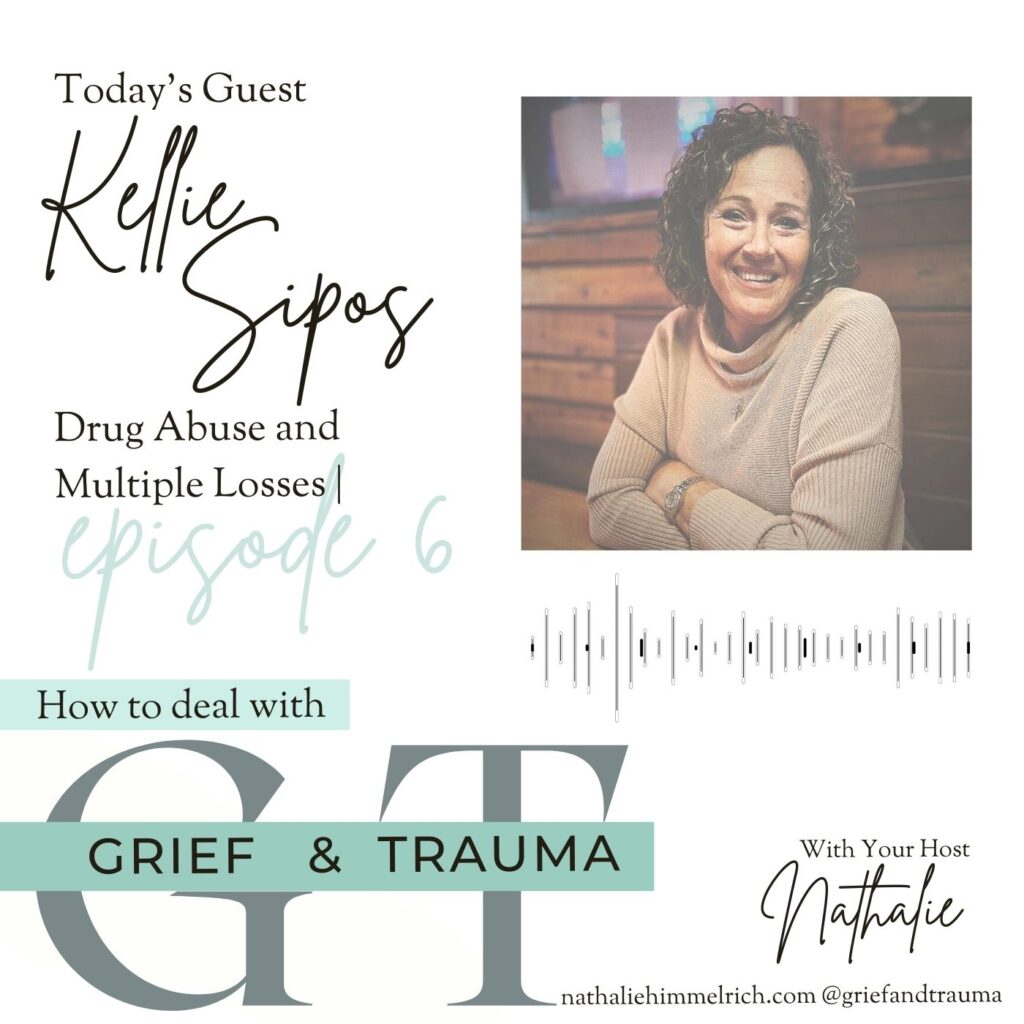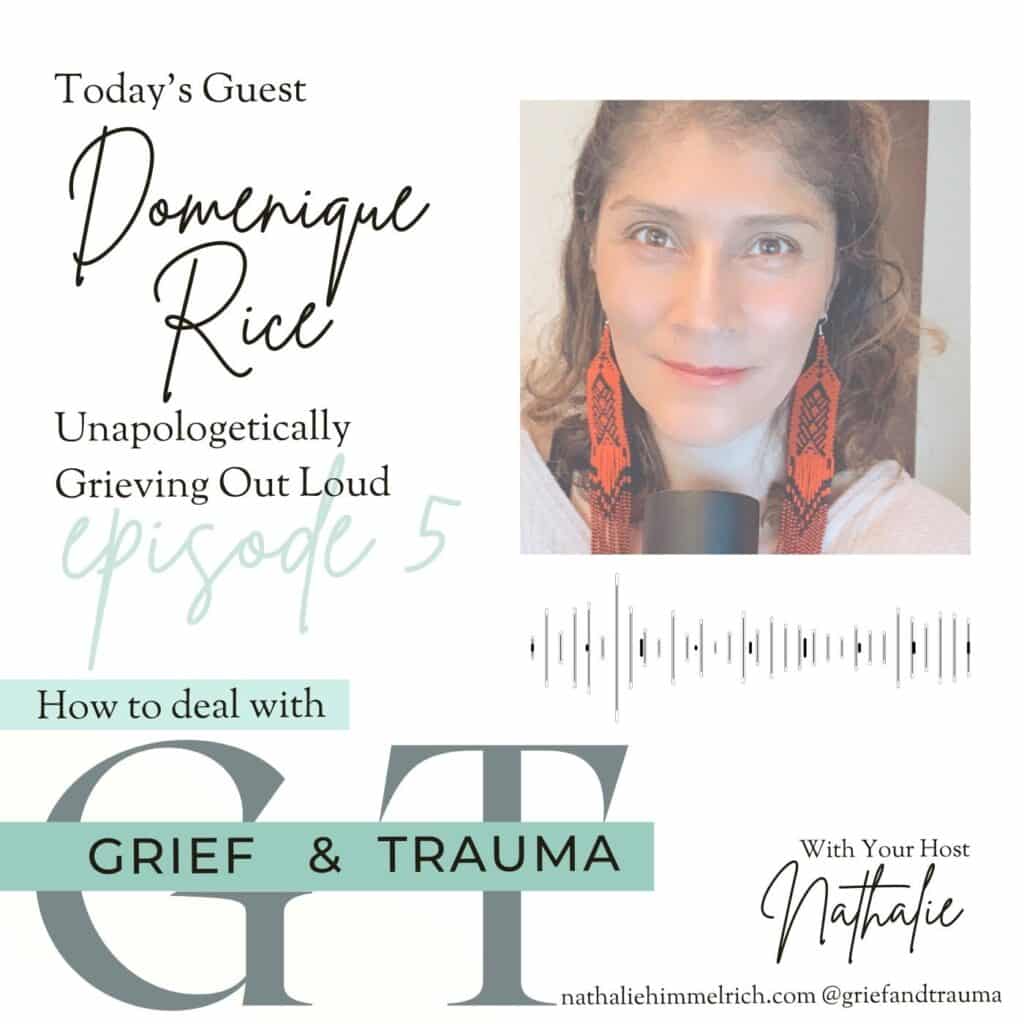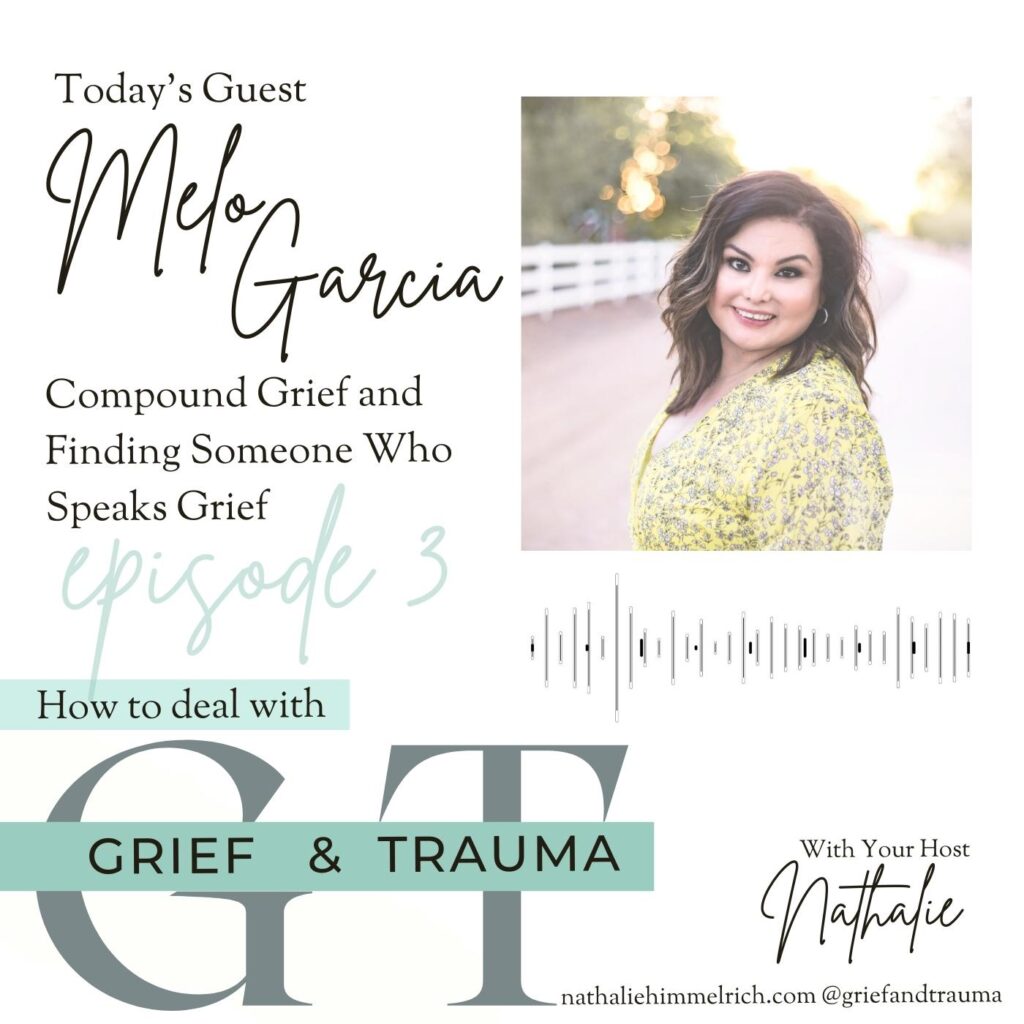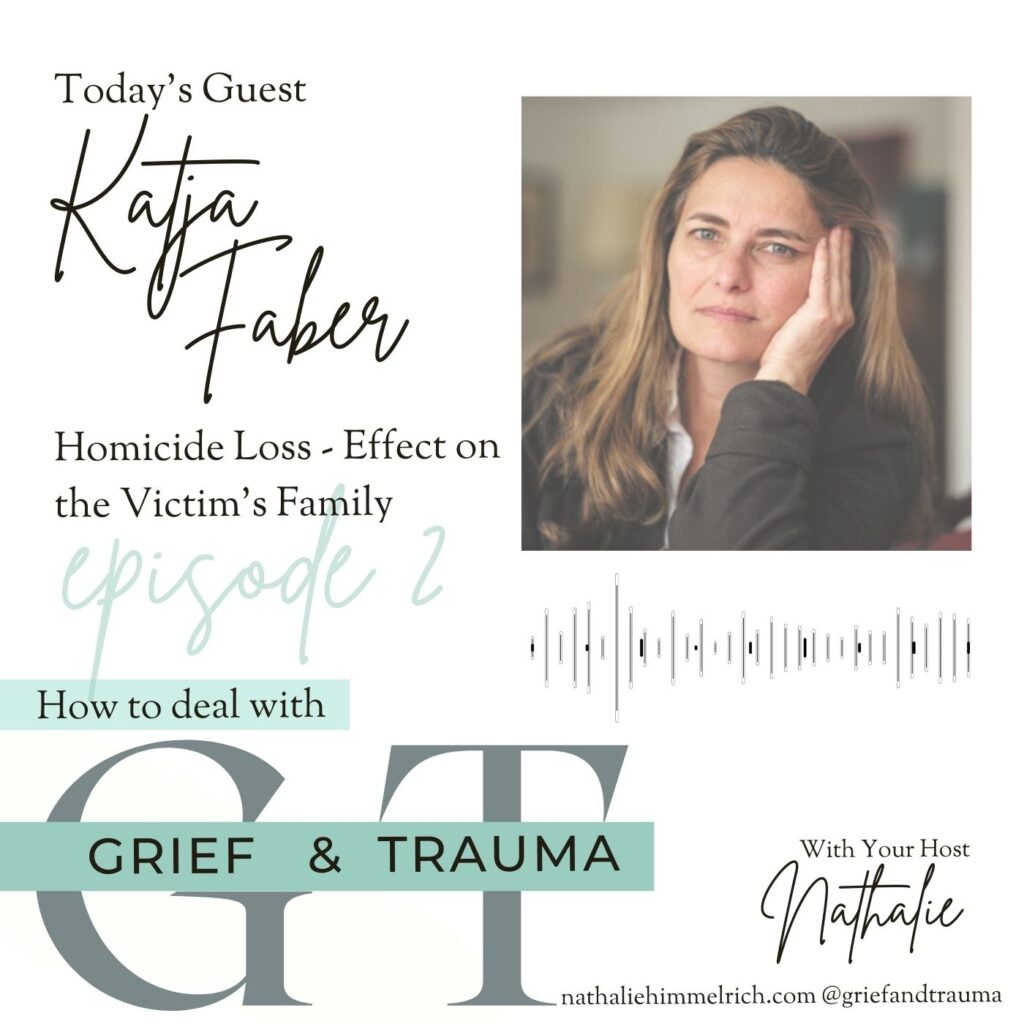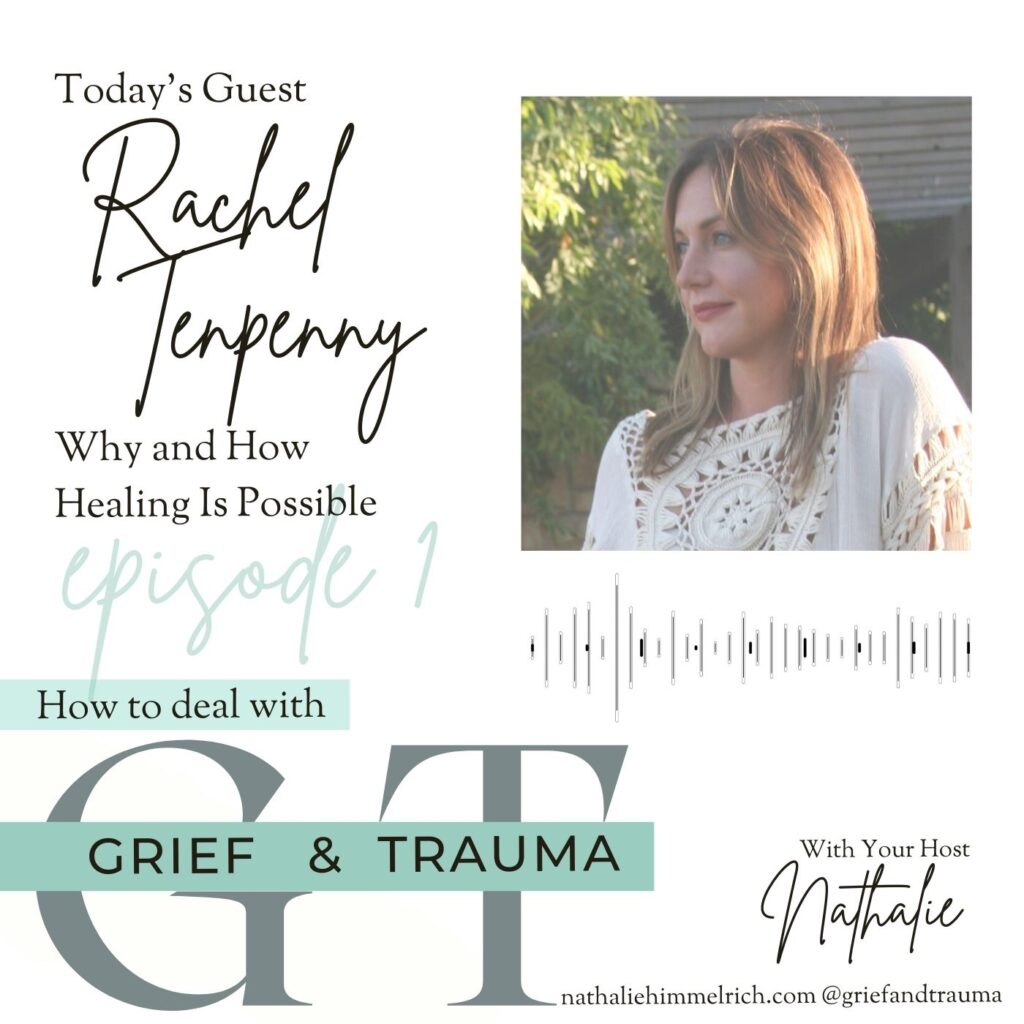All of my clients want to know how to deal with their grief and the aim is often and understandably to stop the intense pain.

Healthy grieving strategies
If you have been reading up on it, you have found lists with healthy grief coping strategies, such as, for example:
- Sharing your feelings: Talking to friends about how you feel can help ease the burden of loss. Let friends know that you don’t expect advice or answers and simply wish to share your emotions or reminisce about the person you’ve lost.
- Keeping a journal: Writing your feelings and thoughts in a journal not only helps you process grief but also keeps a record of your progression through the grieving process. You can look back on how your view of the loss has changed over time, which can help you see that your bereavement is an ongoing process.
- Getting creative: Making art, crafting, and playing music are all ways to express your creativity and process overwhelming emotions.
- Setting aside time to grieve: Scheduling grief might seem counterintuitive, but putting specific time on your daily calendar to grieve can help you fully process intense emotions. Give yourself permission to cry, scream or otherwise display strong feelings during that time, and find a place where you feel free to let yourself grieve without fear of judgment.
- Avoid making big changes in your life: A major loss causes a lot of upheaval in your life, so it’s best to keep everything else as normal as possible. Hold off on changing jobs, moving, or making other big life decisions until you have worked through the grief process for a while.
- Exercising regularly: Add physical activity to your schedule to help you release energy as a form of grief expression. You can use a quiet walk or run to calm your body and emotions or punch and kick at a punching bag to work out anger and frustration about your loss.
- Participating in social activities: Being home alone can leave you immersed in your grief, so make a point to go out to lunch with friends or join a social group.
- Taking refuge in your religious practices: If you are a regular churchgoer, attending services may help you deal with grief. Private prayer, meditation, and listening to religious music are other ways to cope with the spiritual aspects of grieving.
- Reminiscing in a healthy way: Your good memories of the person who has passed on can be a comfort during grief. Spend some time looking through old pictures, reading messages from the person who died, or watching videos taken during your loved one’s life. You might also find it helpful to talk aloud or write messages to the person who has died, expressing your feelings directly to that person and maintaining a connection that transcends death.
- Memorialize your loved one: If the person you are grieving had an affinity for a specific cause or charity, consider volunteering or donating in that person’s memory.
- Spending time with pets: Animal companions provide unconditional love and comfort that could help you cope with grief. If you don’t have pets of your own, consider volunteering at a local animal shelter to walk dogs or socialize kittens so they are ready for adoption.
- Joining a grief support group: Being around others who have also recently experienced a major loss can help you share the burden of grief. If your loved one died of a specific illness, such as cancer or heart disease, there might be a local support group for people who have lost someone to that specific disease.
(Source: Three Oaks Hospice)
But at the beginning, in the raw grief period, even little things might be too much to handle.
Unhealthy coping mechanisms for grief
This is also when people often describe using other coping strategies.
Unhealthy coping mechanisms may include:
- Denial: refusing to acknowledge your loss or grief.
- Risk-taking behaviour: this could include acting without thought of consequences and acting out through unhealthy relationships.
- Substance abuse: turning to alcohol or drugs to numb your feelings.
- Over or under eating: using food as a tool to numb or distract.
- Obsessing/Controlling: since you could not control your loss, you may seek to control what you can.
There can be many factors, including low self-esteem, or a history of untreated anxiety and depression that can lead to unhealthy coping mechanisms. There may be a sense of emptiness or lack of safety that makes their loss feel intolerable and this inability to tolerate the emotions leads to those unhealthy behaviours.
Intense emotions – how to deal with them?
Tolerating intense emotions requires practice, patience, and support. This is where an experienced therapist can support you in working through those intense emotions. By guiding you to understand the grieving process and dealing with obstacles and grief triggers you can experience a resilient way and the belief that you can deal with your grief.
Listen to Kellie Sipos on the How to Deal With Grief and Trauma Podcast on how she dealt with her drug abuse following the loss of her daughter.
Photo by Salman Hossain Saif on Unsplash
